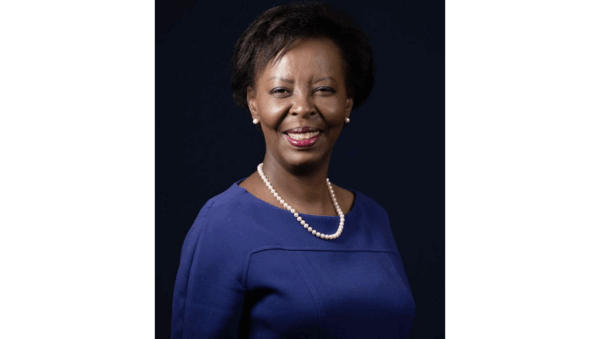The 46th session of the Ministerial Conference of La Francophonie (CMF) will be held in Rwanda on November 19 and 20, 2025, preceded by the 132nd session of the Permanent Council of La Francophonie (CPF) on November 18. For the first time, Rwanda, a founding member of La Francophonie since 1970, is hosting this major event at the Kigali Convention Centre, a symbol of contemporary African diplomacy.
This edition focuses on a central and highly strategic theme: “Thirty years after Beijing: the contribution of women in the Francophone space”. Thirty years after the 1995 World Conference on Women, the 90 member states and governments of the OIF take a clear-eyed look and find that complete equality has not been achieved in any Francophone country. The challenges remain deep: 32% of Francophone women aged 15 to 49 still experience gender-based violence, gender parity is only partially achieved – with persistent gaps in access to secondary education – and nearly two-thirds of active women still work in the informal sector, without social protection. In scientific and technological fields, women represent only 33% of STEM graduates, despite remarkable performances in some countries: Rwanda has reached 63.8% female parliamentarians, a world record.
In her introductory message, Louise Mushikiwabo, Secretary General of La Francophonie, emphasizes the importance of this session held in an international context marked by strong geopolitical tensions and multilateral fragilities. This Conference, she believes, must enable us to “identify where to strengthen the impact of La Francophonie, act where other institutions struggle to intervene, and listen to our members to better translate their priorities into OIF action.” She recalls that, despite uncertainties, La Francophonie has already produced concrete results: improvement in education, support for French, support for entrepreneurs, strengthening of digital skills, and promotion of more inclusive societies.
Since Beijing, La Francophonie has gradually structured its action around an integrated approach based on five major axes: combating discrimination and violence, access to education and training, economic empowerment, participation in decision-making, and institutionalization of equality. This effort took on a strategic dimension with the adoption in 2018 of the EFH Strategy – La Francophonie Strategy for the promotion of gender equality, women’s and girls’ rights and empowerment – which now guides all OIF programs.
The progress made is significant. The La Francophonie with Elles Fund, launched in 2020, has enabled nearly 100,000 women in 36 countries to strengthen their economic and social autonomy. The economic (2020-2025) and digital (2022-2026) strategies have intensified training, digitalization, and female entrepreneurship programs. The OIF now has gender parity in its leadership positions and is increasing partnerships with UN Women, the Office of the High Commissioner for Human Rights (OHCHR), and civil society organizations. The Francophone Institute for Education and Training (IFEF) has integrated equality into educational policies, notably through the “Education-Equality” standard. Moreover, La Francophonie highlights the “invisible work of women,” which could represent up to 20% of the Francophone GDP.
The Kigali Conference will be marked by the adoption of the Kigali Call, which commits OIF members to strengthen data collection on gender equality, guarantee the protection and participation of women in all areas, recognize the value of unpaid domestic work and care, and promote sustainable development based on equality.
In addition to the main theme, the CMF program includes many highlights: an inaugural session devoted to the CPF report, presentations on the Conference theme, examination of the administrative and financial issues of the OIF, thematic interventions by female scientists, entrepreneurs, artists, or institutional leaders, as well as a panel dedicated to the contribution of women in La Francophonie. Ministers will also discuss the dates of the 47th CMF, the XXth Summit of La Francophonie, and the outlines of the process for electing the next Secretary General. The handover of the presidency between France and Cambodia will conclude the work, followed by an official press conference.
A live show, organized at the Kigali Exhibition and Conference Village, and the traditional family photo will conclude these three days marked by cultural diversity, solidarity, and the French language.
With this 46th Conference, La Francophonie reaffirms its ambition: to become a driving force for social innovation, equality, and sustainable development, faithful to the legacy of Beijing but resolutely focused on the future. “I am confident that these two days of exchange will inspire decisions that match our ambitions,” said Louise Mushikiwabo.


